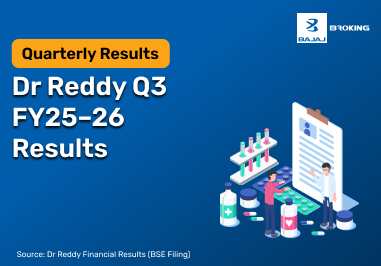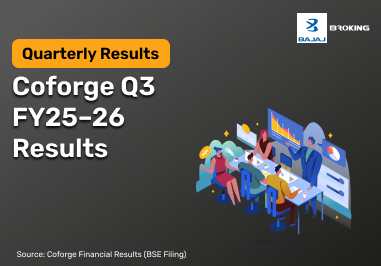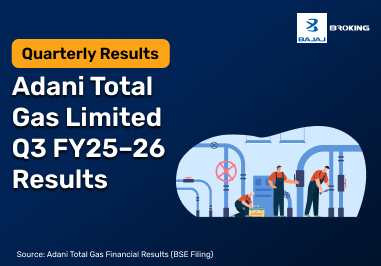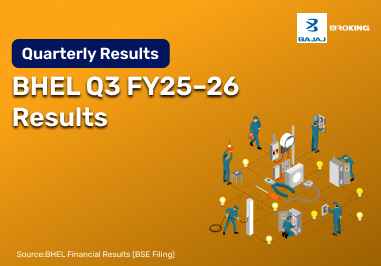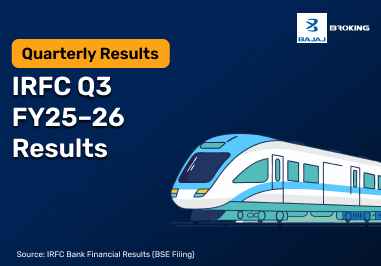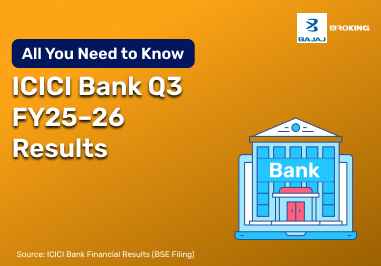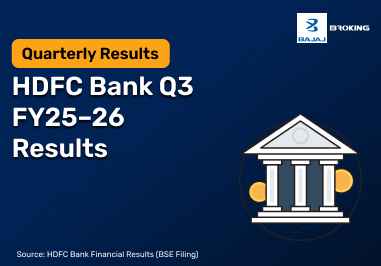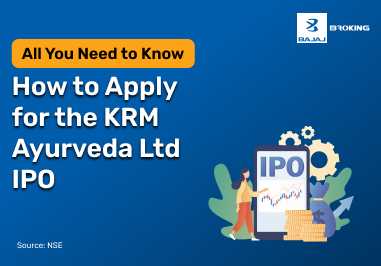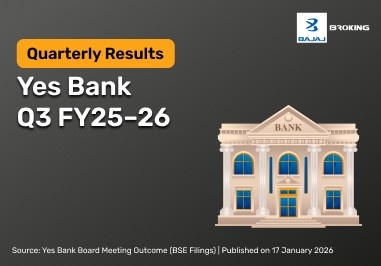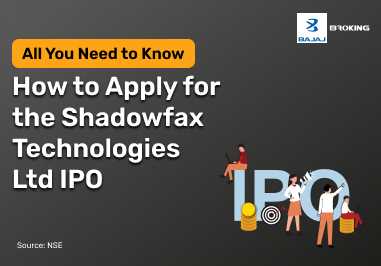When it comes to taxation and financial planning, two important terms that often create confusion are Assessment Year (AY) and Financial Year (FY). Understanding their differences is crucial for effective tax filing, investment planning, and overall financial management. Both these terms are integral to income tax filings, as the Financial Year (FY) is when income is earned, and the Assessment Year (AY) is when that income is assessed and taxed.
Budget 2025 Update
Annual Income Tax Slabs (FY 2025-26)
| Income Tax Rates
|
Up to Rs. 4,00,000
| NIL
|
Rs. 4,00,001 - Rs. 8,00,000
| 5%
|
Rs. 8,00,001 - Rs. 12,00,000
| 10%
|
Rs. 12,00,001 - Rs. 16,00,000
| 15%
|
Rs. 16,00,001 - Rs. 20,00,000
| 20%
|
Rs. 20,00,001 - Rs. 24,00,000
| 25%
|
Above Rs. 24,00,000
| 30%
|
With the revised tax structure in Budget 2025, individuals earning up to Rs.12,00,000 will have zero tax liability due to the increased rebate of Rs.60,000 under the new tax regime.
For salaried individuals, tax liability will be nil for incomes up to Rs.12,75,000, considering the Rs.75,000 standard deduction.
What is Financial Year?
The Financial Year (FY) refers to the twelve month period in which income is earned. It runs from April 1st to March 31st of the following year. The FY is the time when businesses and individuals generate income, make investments, and track expenses. Key points to note:
- The Financial Year is divided into four quarters:
- Q1 (April - June)
- Q2 (July - September)
- Q3 (October - December)
- Q4 (January - March)
- The Financial Year is used for accounting, taxation, and investment planning.
- It determines income earned and tax deducted at source (TDS) before filing an Income Tax Return (ITR).
- Financial institutions and businesses structure their futures and options contracts, stock market transactions, and margin trading facility (MTF) strategies around the FY.
What is Assessment Year?
The Assessment Year (AY) is the year following the Financial Year, during which income earned in the previous FY is evaluated and taxed. The AY is when individuals file their ITR, declare earnings, claim deductions, and pay pending taxes. Important aspects include:
- AY runs parallel to FY but starts after the income has been earned.
- The tax department assesses income, refunds, and tax liabilities during the AY.
- It impacts decisions related to risk management in trading, deductions, and investment claims.
What is Indian Financial Year?
In India, the Financial Year follows a uniform cycle of April 1st to March 31st. Unlike some countries that use the calendar year (January to December), India follows this period to standardize corporate taxation, investment planning, and stock market regulations.
AY and FY for Recent Years
Financial Year
| Assessment Year
| Period
|
2024-25
| 2025-26
| April 1, 2024 - March 31, 2025
|
2023-24
| 2024-25
| April 1, 2023 - March 31, 2024
|
2022-23
| 2023-24
| April 1, 2022 - March 31, 2023
|
2021-22
| 2022-23
| April 1, 2021 - March 31, 2022
|
Differences between an Assessment Year and Financial Year
Factor
| Financial Year (FY)
| Assessment Year (AY)
|
Definition
| The year in which income is earned
| The year in which income is assessed and taxed
|
Duration
| April 1st - March 31st
| April 1st - March 31st (following year)
|
Purpose
| Tracking income, investments, and deductions
| Filing ITR, assessing taxes, and paying liabilities
|
ITR Filing
| Income earned during FY is filed in AY
| Tax is calculated and paid in AY
|
Example of FY and AY Explained
It's essential to know the distinction between the Financial Year (FY) and the Assessment Year (AY) for tax filling. Assume a person named Rahul makes money from intraday trading, futures, or options from April 1, 2024, to March 31, 2025. This time frame is referred to as Financial Year 2024-25 (FY 2024-25) since it is the year of earning the income.
Now, Rahul must submit his income tax return for such earnings. The return will be submitted in 2025 and will come under the Assessment Year 2025-26 (AY 2025-26). The Assessment Year is the year when income received in the last Financial Year is assessed, reported, and charged by the government.
For instance, if Rahul earned ₹10 lakhs of profit from trading in FY 2024-25, he will have to report this income and pay the relevant taxes in AY 2025-26 while submitting his tax return. In short, the Financial Year is when one earns income, and the Assessment Year is when one pays tax on that income and reports it.
Assessment and Financial Year in India for Recent Years
Financial Year
| Assessment Year
| Period
|
2024-25
| 2025-26
| April 1, 2024 - March 31, 2025
|
2023-24
| 2024-25
| April 1, 2023 - March 31, 2024
|
2022-23
| 2023-24
| April 1, 2022 - March 31, 2023
|
2021-22
| 2022-23
| April 1, 2021 - March 31, 2022
|
Why Does an ITR Form Have AY?
When filing an Income Tax Return (ITR), individuals must select the Assessment Year, not the Financial Year. This is because the government evaluates and processes tax liabilities, deductions, and refunds based on income earned in the previous Financial Year. Selecting the incorrect Assessment Year can result in errors, delays in processing, and even rejection of tax returns.
Taking the previous example forward, if Rahul is filing his ITR in 2025 for income earned in FY 2024-25, he must choose AY 2025-26 in the tax return form. If he mistakenly selects AY 2024-25, the system will not recognize his income for the correct period, leading to discrepancies in tax calculations. This could result in delayed refunds or notices from the tax department requesting corrections.
To avoid such errors, taxpayers should always verify the correct Assessment Year before submitting their ITR. Consulting a tax professional or using trusted online tax filing platforms can help ensure accuracy and a smooth filing process.
Important Things to Remember When Filing ITR During the FY
Filing your Income Tax Return (ITR) within the Financial Year (FY) needs careful observance to prevent errors, penalties, or tax processing delay. Ensuring accuracy of all financial information and correct reporting aids in seamless tax compliance as well as benefit maximization. Following are some major points to consider:
- Ensure proper AY selection – Most taxpayers inadvertently choose the wrong Assessment Year (AY) when they file their ITR, resulting in improper filings and rejection of returns. Always ensure that you are filing under the proper AY to prevent unnecessary revisions or delays.
- Reveal all sources of income – Taxpayers are required to report all their incomes, such as salary, rent income, capital gains, business income, and interest income. Leaving out any income source will lead to tax fines and further examination from the authorities.
- Claim deductions judiciously – Maximize your tax outgo by taking deductions under Section 80C, 80D, and 10(10D). Investments in mutual funds, life insurance, health insurance premiums, and EPF contributions can lower your taxable income considerably.
- Use tax calculators – Advanced tax planning prevents late mistakes. Internet-based tax calculators assist you in calculating approximate tax liability and making sure you have kept enough funds aside to make tax payments. It comes handy for commodity traders who participate in futures, options, and intraday business, as there may be varied tax liabilities involved.
Why is the Assessment Year Important?
The Assessment Year is crucial as it determines the final taxable income, deductions, and refunds. Tax authorities evaluate ITRs, verify financial details, and process refunds or additional tax claims based on AY declarations. Traders and investors engaged in margin trading facility (MTF) or stock market basics transactions must report income accurately in the corresponding AY.
Tax Planning Tips for the Financial Year and the Assessment Year
Effective tax planning is a strategy that helps in tax compliance while seeking to achieve maximum savings. Whether you are an employee, entrepreneur, or active trader, smart planning of your financial activities during the Financial Year (FY) can significantly lower your tax outgo in the Assessment Year (AY). Following are some of the key tax planning strategies:
- Maximize tax-saving investments – Investment in Equity-Linked Savings Schemes (ELSS), Public Provident Fund (PPF), and fixed deposits are eligible for deductions under Section 80C. Not only do these investments lower taxable income, but they also aid in long-term wealth generation.
- Monitoring trading profits – In case of intraday trading, futures, and options, be certain that capital loss and gain are accounted for under the respective tax classes. Traders should also keep records of every transaction for purposes of tax calculation and audits.
- File taxes early – Filing Income Tax Returns (ITR) much ahead of the due date prevents last-minute mistakes, penalties, and delays in processing. Early filing guarantees faster refunds and provides enough time for corrections if necessary.
Why is the Assessment Year Crucial for Income Tax Returns?
The Assessment Year determines how income is taxed and ensures compliance with financial regulations. Filing errors can lead to penalties, delayed refunds, and legal scrutiny. Understanding the AY helps taxpayers optimize deductions, manage liabilities, and comply with tax laws efficiently.
Conclusion
Understanding the differences between Financial Year and Assessment Year is essential for effective tax planning. Whether managing investments, equity trades made through trading account online, or filing tax returns, keeping track of the relevant FY and AY ensures smooth compliance and accurate financial reporting. Planning ahead helps investors and taxpayers avoid last-minute complications and maximize tax benefits.
Disclaimer: Investments in the securities market are subject to market risk, read all related documents carefully before investing.
This content is for educational purposes only. Securities quoted are exemplary and not recommendatory.
For All Disclaimers Click Here: https://www.bajajbroking.in/disclaimer

